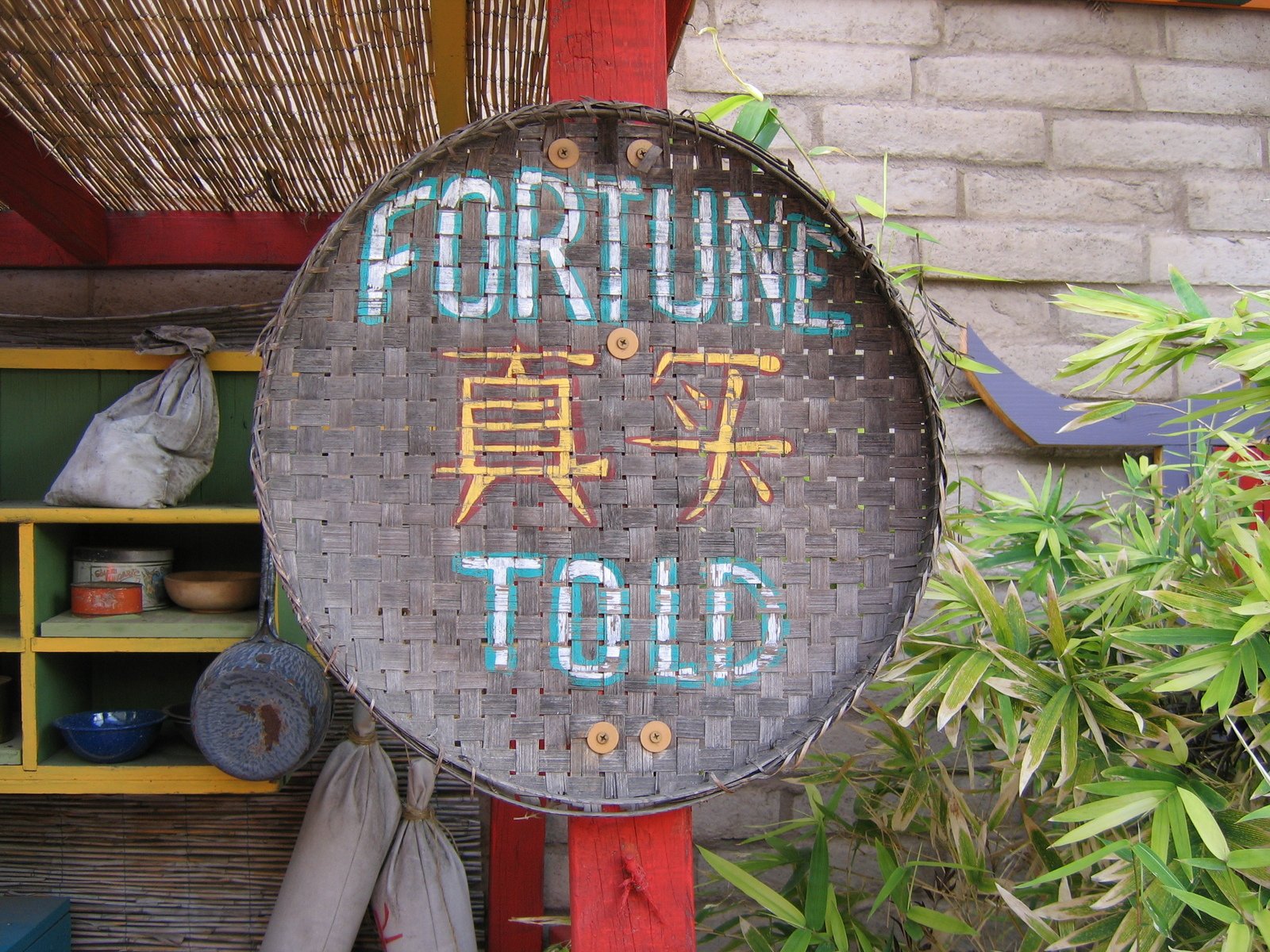

Nintendo is suing Japanese mobile games developer Colopl for allegedly infringing on five of the publisher's patents.
This lawsuit could be interesting for indie developers worried about patent issues in their own work as well. As Siliconera reports, one of the patent complaints from Nintendo include "the special technology used to operate a joystick over a touch panel" which is featured in Colopl's mobile title White Cat Project. The patent was supposedly originally filed in 2006 with regard to the Nintendo DS wrist strap.
TiVo has launched a new legal attack on Comcast aimed a pushing the cable giant to reach a settlement to license TiVo-owned patents.
TiVo's Rovi subsidiary on Wednesday filed two lawsuits in federal district courts, alleging Comcast's X1 platform infringes eight TiVo-owned patents. That includes technology covering pausing and resuming shows on different devices; restarting live programming in progress; certain advanced DVR recording features; and advanced search and voice functionality.
A patent licensing company on Monday accused music-streaming service Spotify of infringing three patents originally granted to Dutch technology giant Philips.
Sisvel, an Italian intellectual property management firm, sued Spotify in U.S. District Court in Delaware, alleging infringement of three patents relating to methods of making music recommendations based on a user’s listening habits.
Apple, Samsung Continue Ongoing War Over Royalties
Another battle in Apple and Samsung’s seemingly ceaseless smartphone patent wars played out in front of a federal judge on Thursday, this one pertaining to Samsung’s redesigns following a jury verdict for Apple in 2014.
The patent, U.S. Patent No. 5,946,647, relates to the operation of quicklinks – a software program that allows users to prompt hyperlinks that can take them to a webpage, a different application platform or perform a function within an operating system.
“Each redesign consisted of only one or two minor changes,” Apple attorney Mark Selwyn told U.S. District Judge Lucy Koh during the prolonged hearing that featured several back-and-forths between the two lawyers.
"China may view this as a short-term competitive advantage, but sooner or later firms like Samsung may take their production out of mainland China (if not to avoid sanctions then purely as a form of economic retaliation). What would China be left with if manufacturing goes elsewhere? A pile of worthless patents and lots of law firms?"Well, "injunction" is a euphemism for embargo, either temporary or longterm/permanent. Who benefits from such sanctions? The same goes for the US, which has begun a sort of trade war with China over Huawei devices (cannot be bought from or even stocked by some of the largest carriers). Meanwhile in China, "UMC Files Patent Infringement Lawsuit against Micron," based on a press release from the weekend.
As we've argued before, China seems to be emulating Texas and we don't think that's a good thing at all. China may view this as a short-term competitive advantage, but sooner or later firms like Samsung may take their production out of mainland China (if not to avoid sanctions then purely as a form of economic retaliation). What would China be left with if manufacturing goes elsewhere? A pile of worthless patents and lots of law firms? What made China attractive for many firms (for manufacturing at least) isn't strong patent "protection" but perhaps the very opposite of that. ⬆